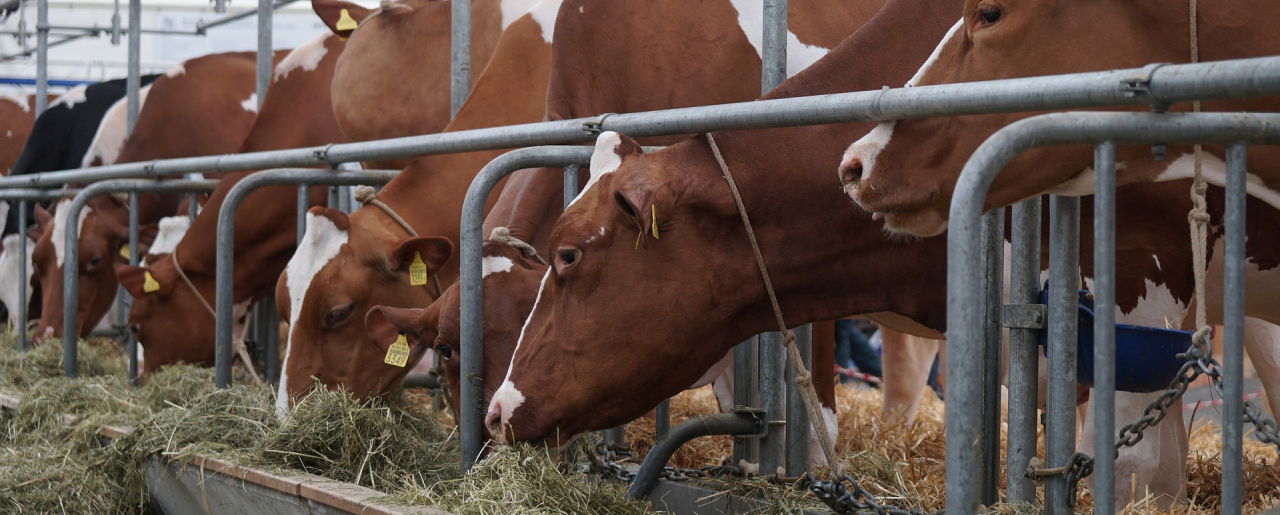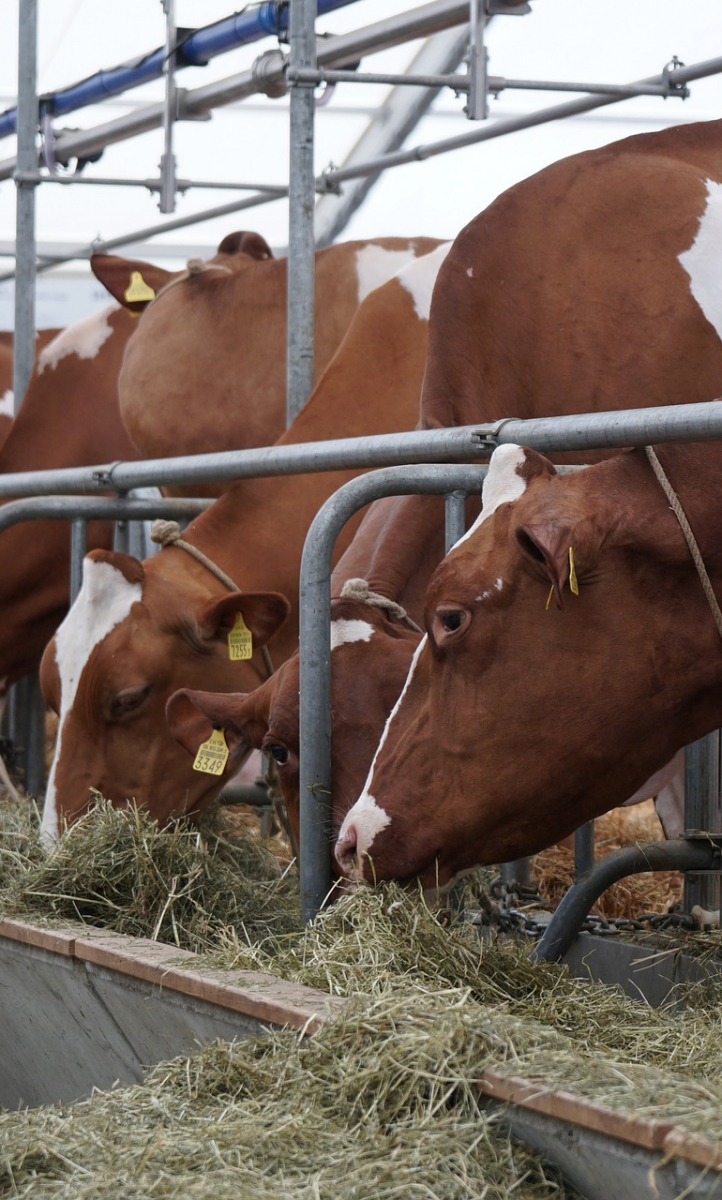Caroline Lucas has called on Parliament to introduce a tax on meat in order to tackle climate change.
Today (4 January), the Green MP is speaking at the Oxford Farming Conference, the UK’s annual conference for the agri-food industry.
As reported in the Guardian this morning, Lucas said that a meat tax would help to reduce greenhouse gas emissions and lead the UK towards a carbon-neutral farming industry. “If the world’s diet doesn’t change, we simply can’t avoid the worst effects of climate change,” she stated.
Livestock is the main contributor of greenhouse gases from farming, and the United Nations estimated in a 2013 report that the livestock sector contributes 14.5 per cent of all human-made greenhouse gas emissions globally. These emissions come from the animals themselves as well as from across the wider supply chain, such as feed production and transport.
A more recent report, published in the journal Nature in October 2018, stated that beef consumption needs to fall by 90 per cent in Western countries in order to avoid devastating climate impacts and continue to feed the world’s growing population. The study found that a shift to a ‘flexitarian’ diet – eating less meat and dairy and more plants – would be crucial to limiting global warming.
Lucas continued: “Better manure management and careful selection of feed can both help reduce greenhouse gas emissions, but – at the risk of incurring the wrath of the energy secretary, who said recently that encouraging people to eat less meat would be the worst sort of nanny state ever – we need serious consideration of measures like a meat tax.”
Energy Minister Clare Perry said last year: “I don’t think we should be in the business of prescribing to people how they should run their diets.”
The Green Party policy on food and agriculture states that the party will encourage ‘healthy and sustainable consumption patterns, including a shift towards more plant-based foods. Such a shift would enable an increased world population to be fed sustainably and would help to tackle climate change and biodiversity loss.’
Lucas told the conference that a meat tax could potentially be offset as an incentive for producers that use more sustainable, “humane and human-scale” livestock farming methods.


